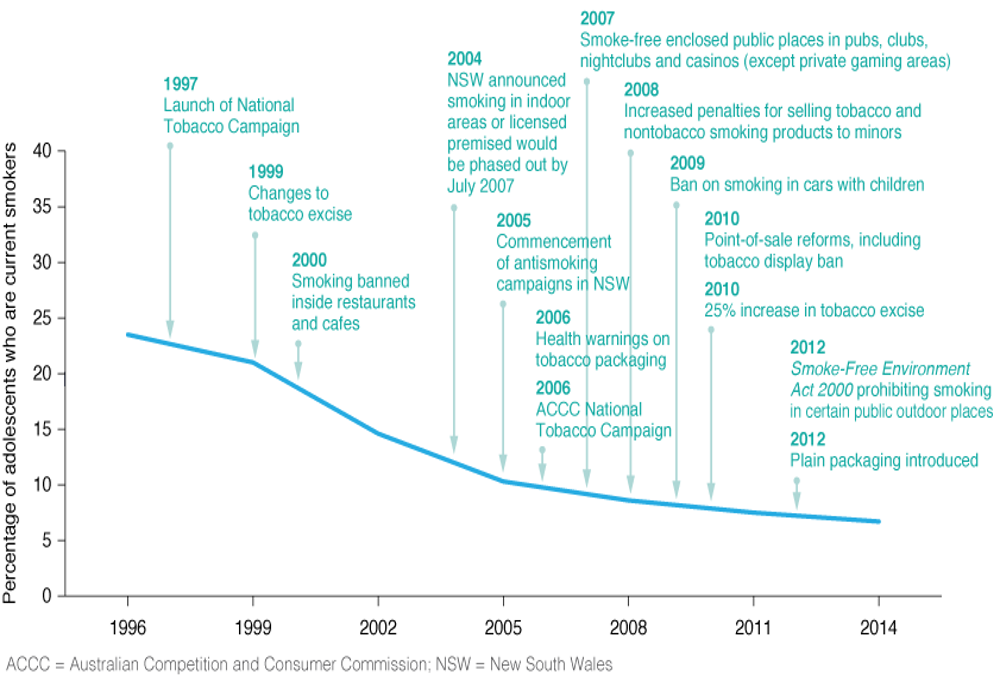How AMIN & Monash University helped BIGSOUND understand the nuances of cultural change through smoking

Remember the good old days when you’d watch a band in a dingy pub through a haze of smoke?
20 years ago, cigarettes were a normalised, even integral part of the rock’n’roll image.
But with multiple government initiatives over a long period of time – increasing taxes, banning smoking inside, and later in public areas, banning smoking in cars with children, changing packaging and more – we find ourselves in a world where cigarettes are no longer sex, drugs and rock’n’roll; they’re cancer sticks.

Cultural change is possible, it just takes time, and it cannot be done in a single movement. This is what we learned during BIGSOUND‘s Changing Music Industry Behaviour forum on Thursday.
It was a session hosted by the Australian Music Industry Network (AMIN) with the support of APRA AMCOS and facilitated by BehaviourWorks Australia of Monash University’s Sustainable Development Institute.
Breanna Wright and Geoff Paine were informative, comical, and inclusive, taking the audience through what turned out to be part of an official study into understanding how Australia’s music industry can achieve sustainable cultural change.
The audience voted on the single issue they wanted to address in the 90-minute forum, with a 44% majority deciding the topic “men behaving badly”.
Hearteningly, both women and many men took the mic, explaining to Wright and Paine what they saw as toxic behavioural traits of men in the music industry.
Main concerns surrounded male dominance and lack of respect for females in the workplace, and the many ways this manifests: in inappropriate sexual advances; abuse of power; disrespect and devaluation of women’s intelligence, opinions and talent; and hiring bias.
“If you want people to do something, they need to have the opportunity to perform the behaviour you want them to do,” explained Wright.
“If you’re inducing feelings of guilt, it creates negative emotions and therefore backlash and resistance.”
Rather than using negative framing, the audience was encouraged to come up with ideal behaviour to work towards, from men in power championing women; increasing female representation on lineups and in leadership roles; rethinking masculinity; and advocacy.
And, when it comes to callout culture, “If you approach it in a way where you condone the behaviour, not the person, it’s more likely to create sustainable change.”
By unpacking and subsequently viewing the problem through a behavioural lens, not only did the audience grapple with the complexity and scope of the issue, but also assisted in research which will ultimately do a far better job of deciding on the best course of action.
“Knowing the significance of the problem is not enough to change it,” Paine said.
By using smoking as a motif for the way multiple initiatives are required over an extended period of time to shift a deeply entrenched norm, we left with a greater understanding that no one person or movement is the solution.
And, hopefully, more than a few practical ways we can each play our part.


































